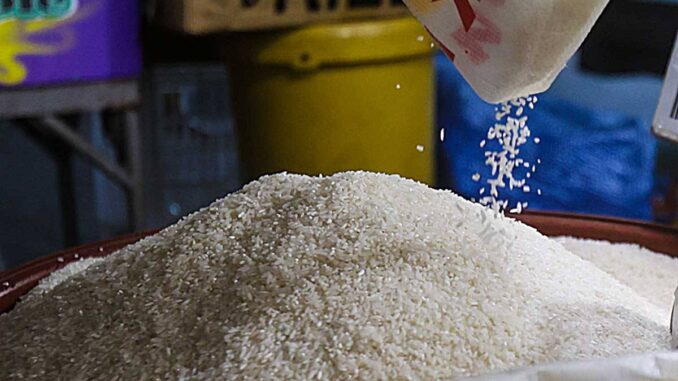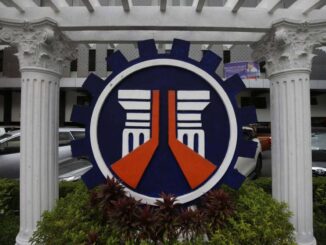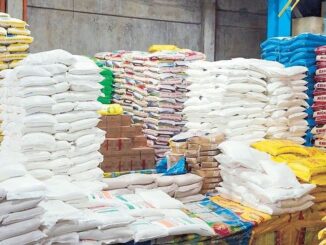
PRESIDENT Ferdinand Marcos Jr. expressed optimism on Tuesday that the cost of rice would stabilize consistent with current prices in Southeast Asia.
“So, I think as the time goes on, that should improve,” the President said during a sectoral meeting on managing food and non-food inflation in Malacañang, noting rice prices seem to be consistent again with other Asean countries like Thailand and Vietnam.
Rice was the Philippines’ top inflation driver, contributing 1.3 percentage points to inflation. Inflation further decelerated to 14.7 percent, but prices remained elevated.
Prices of rice in Vietnam and Thailand moderated last month, as data for September showed a decline in prices.
The landed cost of the imported rice declined by 15 percent, or around P7 per kilogram, as of mid-September, following the implementation of reduced tariffs under Executive Order 62, series of 2024.
Marcos added the country had to resort to sugar importation to ensure ample supply and stabilize prices.
The retail price of refined sugar remains elevated at 35 percent, higher than the January 2022 level before prices spiked.
Overall inflation eased from 4.4 percent in July 2024 to 3.3 percent in August 2024 due to slower food and non-food inflation, with rice being the major inflation driver.
Finance Secretary Ralph Recto said in a briefing following the sectoral meeting that projects inflation would likely fall to 2.5 percent by the end of September.
Average inflation for the period January to August 2024 reached 3.6 percent, within the government’s target of 3.0 percent to 4.0 percent for the year.
Authorities reported that food inflation decelerated from 6.4 percent in July 2024 to 3.9 percent in August, with slower inflation in rice, meat, bread, other cereals and ready-made food products. Deflation was recorded in fish, vegetables and sugar.
Non-food inflation, on the other hand, eased from 3.1 percent in July 2024 to 2.9 percent in August 2024. Among the top contributors were restaurants and accommodation services, housing, water, electricity, gas, and other fuels.





Be the first to comment